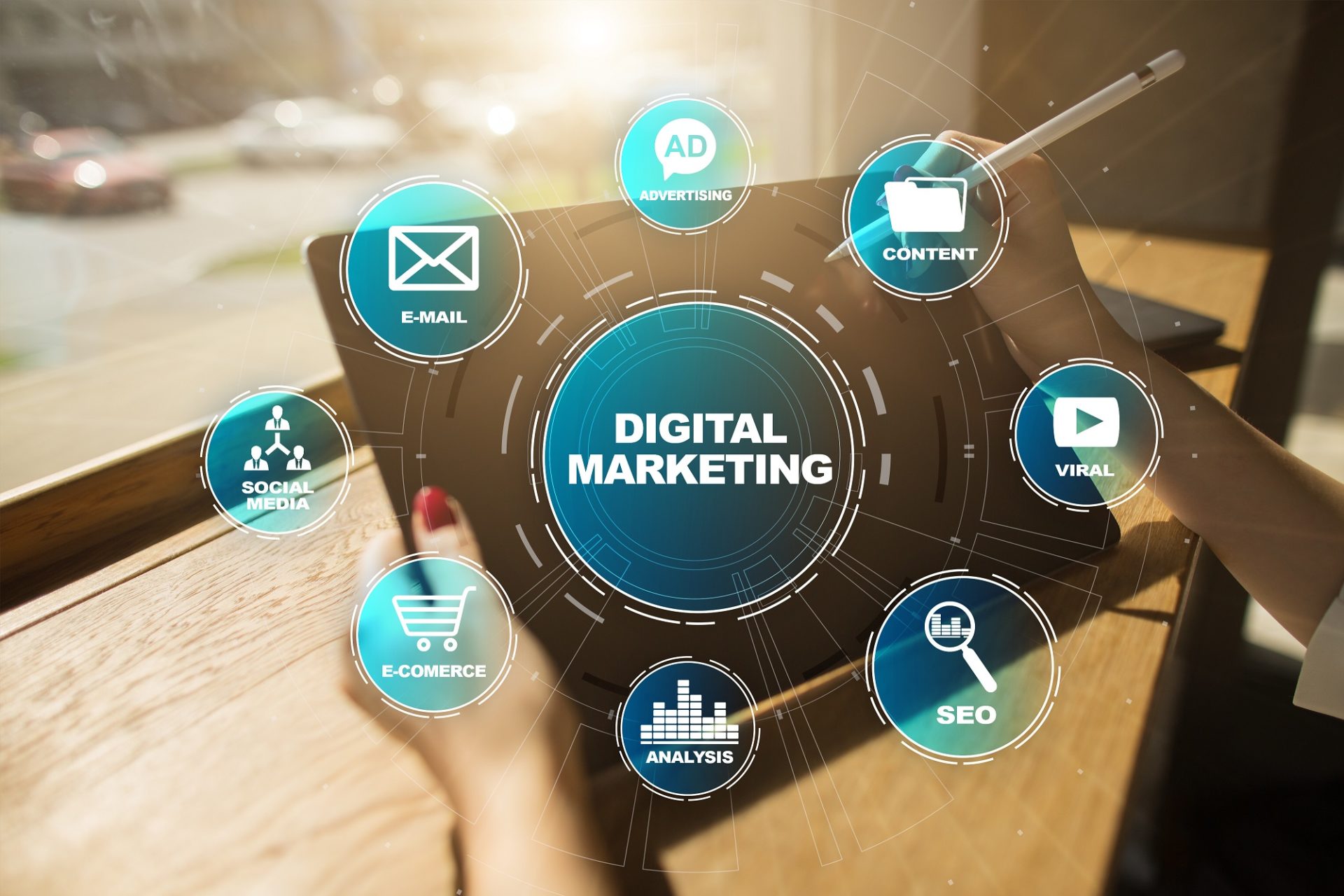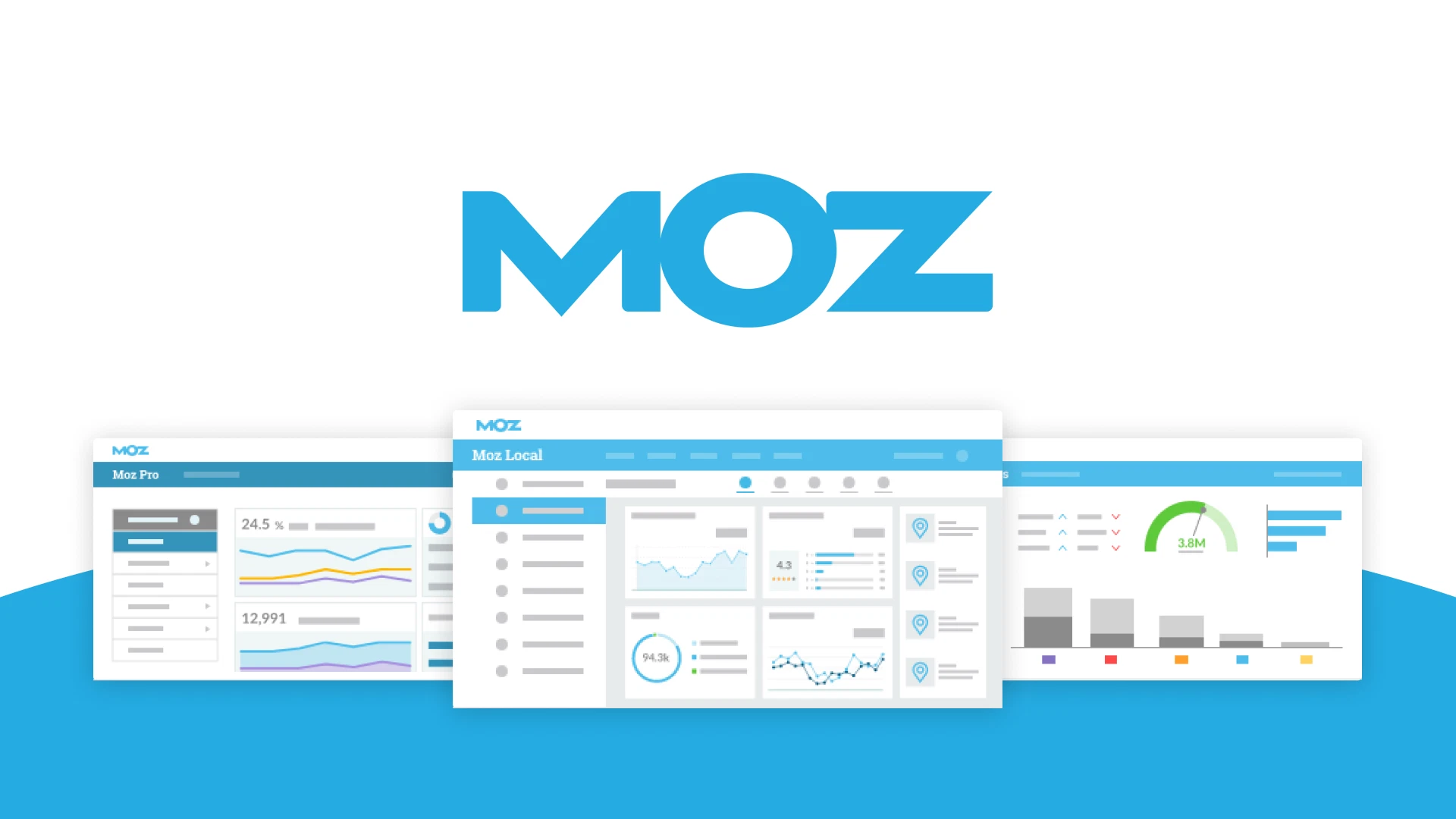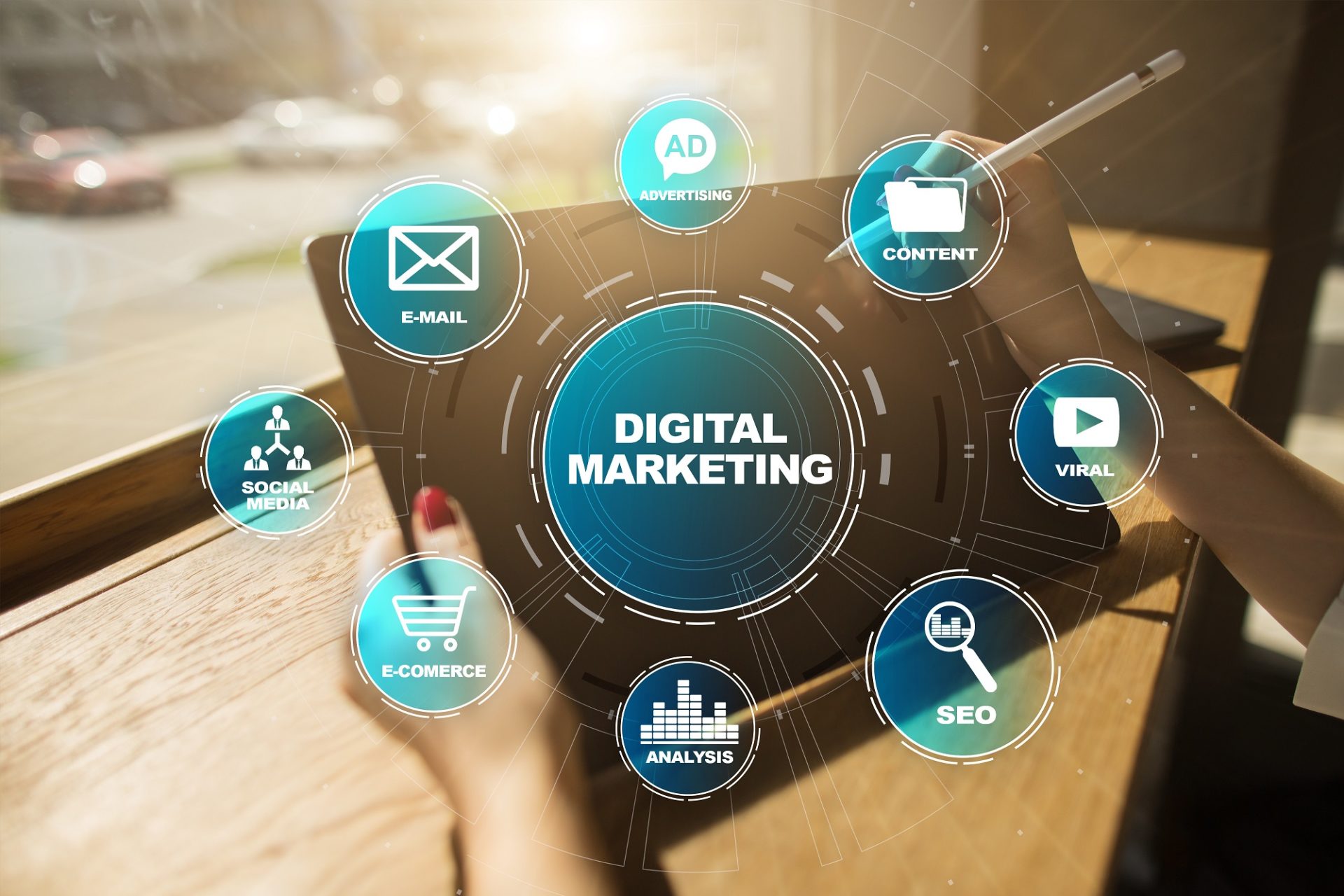The SEO for e-commerce Morocco has experienced notable growth in recent years, with electronic stores emerging as a powerful force in how businesses reach and serve consumers. With internet penetration on the rise and a growing number of Moroccans turning to online shopping for convenience and variety, it’s more important than ever for e-commerce businesses to ensure their websites are optimized for search engines. Search Engine Optimization (SEO) is the process of improving a website’s visibility in results of search engines, and when done correctly, it can significantly increase traffic, trust, and revenue.
SEO For E-Commerce Morocco
According to SEO Specialist, the Moroccan e-commerce market is both promising and competitive. Platforms like Jumia and Glovo have already established themselves, but local businesses and startups are also entering the space in increasing numbers. Consumers in Morocco are becoming more digitally literate, and mobile phone usage is widespread. However, many e-commerce websites struggle to capture organic traffic due to poor visibility on Google and other search engines. This is where a strong SEO for e-commerce Morocco can create a major competitive advantage.
One of the unique features of Morocco’s digital market is its multilingual nature. Arabic and French are the dominant languages, with Moroccan Arabic widely spoken in everyday communication. There is also a growing use of English, especially among younger and tech-savvy demographics. Therefore, any effective SEO for e-commerce Morocco must consider this linguistic diversity. A multilingual website that addresses all key demographics can significantly increase its reach and relevance. A foundational aspect of SEO for e-commerce Morocco is keyword research.
This means identifying the terms and phrases that consumers of the Kingdom of Morocco are typing into search engines when looking for products. Considering SEO for e-commerce Morocco, this includes product-specific keywords, brand names, and terms with clear commercial purchase intent. It’s tremendously essential to identify these keywords not only in French but also in Arabic and even English where applicable. Knowing which language your target audience uses to search will inform your content and metadata strategies.
Beyond language, on-page optimization is another crucial pillar. This involves crafting compelling, keyword-rich product titles, meta descriptions, and headers. Product pages should also include original, informative descriptions and customer reviews if possible. Search engines favor websites that provide value to users, and clear, well-organized content helps achieve that. Each product image should include descriptive alt text, which can also help in image-based search results. URL structures should be clean and meaningful.
For example, using URLs with relevant keywords is much better in SEO for e-commerce Morocco than a chain of numbers or random characters. Technical SEO also plays a major role in the success of an e-commerce website. Moroccan consumers, like those elsewhere, expect fast-loading, mobile-friendly websites. Since a large portion of internet usage in Morocco comes from smartphones, it’s vital that your website is responsive and easy to navigate on mobile devices. Page speed is another critical factor. A slow website not only frustrates users but also ranks lower on Google.
Secure browsing is essential as well. An SSL certificate not only builds trust with users but also affects search rankings. Content marketing is another powerful SEO tool. Creating useful, engaging content such as blog posts, product guides, and how-to articles can drive organic traffic and establish your brand as an authority in your niche. For instance, a furniture e-commerce store could publish a blog post targeting both informational and local search intent. This kind of content helps draw users to your site even before they’re ready to buy, increasing your chances of converting them later.
Lastly, link-building and online authority are vital in SEO for e-commerce Morocco. Websites in this field can benefit from partnerships with local bloggers, influencers, and media outlets to earn backlinks. Participating in local events or collaborating with Moroccan content creators can also boost your visibility and credibility online. SEO for e-commerce in Morocco requires a thoughtful, localized approach that respects linguistic diversity, optimizes technical performance, and provides high-quality content. Businesses that invest in SEO will then benefit from increased visibility and stronger brand credibility.
SEO for e-commerce Morocco has become an essential pillar for any online retail business operating in the country. As more people gain internet access and mobile technology continues to proliferate, shopping habits are rapidly changing. Moroccans are increasingly turning to online stores not only for convenience but also for wider selection and better prices. In this environment, a well-developed SEO strategy is necessary for e-commerce brands that want to stand out from competitors and consistently reach their customers.
At its core, SEO is about ensuring that when a consumer in Morocco searches for a product or service online, your website appears prominently in search results. This is not a luxury but a necessity in a country where competition is intensifying, and large international and local platforms alike are investing heavily in their online visibility.
SEO for e-commerce Morocco faces unique challenges and opportunities in getting implemented. One of the most defining aspects of the Moroccan market is its linguistic complexity. Arabic is the official language and widely used in everyday life, but French is dominant in business, government, and much of online communication. English is also growing in importance, particularly among younger, urban, and technology-savvy consumers.
For an e-commerce brand, this means that effective keyword targeting must take all three languages into account. It is not enough to identify popular search terms in French alone. Understanding how Moroccan shoppers phrase their queries in Arabic, and even English is vital for creating content that matches their intent.
Beyond linguistic adaptation, the Moroccan e-commerce space is characterized by growing competition. Platforms such as Jumia and Glovo have established strong market positions, but there is room for local players who can offer specialized products, localized customer service, and unique branding. SEO for e-commerce Morocco offers smaller businesses a way to compete without the massive advertising budgets that larger companies might enjoy. By ranking organically in search results for high-value, relevant keywords, even a small retailer can reach customers cost-effectively and build long-term credibility.
Effective SEO for Moroccan e-commerce requires deep knowledge of keyword research. Brands must understand what their customers are actually typing into search engines. This involves studying search volumes and competition levels for product-related queries in all relevant languages. For instance, someone might search for in French, Arabic, or even English. The brand that tailors its product pages, metadata, and content to match these variations will have a significant advantage.
However, identifying keywords is only the beginning. Successful SEO for e-commerce Morocco depends on how well these keywords are integrated into the website. Product pages need clear, descriptive titles and unique product descriptions that go beyond manufacturer-provided text. Meta descriptions should be compelling, including local language variations that speak directly to Moroccan consumers. Structured data markup can improve how products appear in search snippets, making them more attractive and informative. Alt text for images should not be ignored, as image search is an increasingly important channel for retail discovery.
Technical SEO is another critical component that cannot be overlooked in Morocco’s context. Internet connections vary in speed and reliability, so websites must be optimized for fast loading even on limited bandwidth. A slow site not only turns away customers but also risks ranking lower in Google’s algorithm. Mobile optimization is essential since a large share of Moroccan users access e-commerce platforms via smartphones. A responsive design that works seamlessly across different devices and screen sizes will improve user experience and search rankings alike.
Security also plays an outsized role in establishing trust, which in turn indirectly affects SEO for e-commerce Morocco, where consumers, like those everywhere, are cautious about sharing payment information online. A website that uses HTTPS with a valid SSL certificate reassures shoppers and signals to search engines that the site is trustworthy. Moreover, Google explicitly favors secure sites in its ranking algorithm.
Beyond on-site factors, content marketing is a powerful strategy for improving organic visibility in Morocco. By producing useful, relevant, and engaging content, an e-commerce brand can attract potential buyers at every stage of the purchasing journey. Blog posts, buying guides, and tutorials tailored to Moroccan shopping habits can answer common questions, address pain points, and build the brand’s reputation as an authority in its niche.
For example, a retailer selling home décor might publish posts about interior design trends in Morocco, tips for maximizing small spaces in typical Moroccan apartments, or guides on caring for traditional artisanal products. This type of content not only draws organic traffic due to SEO for e-commerce Morocco but also supports internal linking to product pages, reinforcing their relevance in search engines.
Another key aspect of SEO for Moroccan e-commerce is local optimization. Although Morocco’s e-commerce sector is national in scope, many transactions have a local dimension. Consumers may prefer dealing with local businesses for faster shipping, easier returns, or the perception of supporting the local economy. By creating as well as maintaining an accurate Google Business Profile and ensuring local address details are consistent across directories, e-commerce sites can improve their visibility for location-based searches. This is especially useful for hybrid businesses that combine online sales with physical stores or pick-up points.
Link-building remains a cornerstone of any strong SEO for e-commerce Morocco, a country that offers unique opportunities in this area. Backlinks from high-quality, locally relevant sites boost credibility in search engines’ eyes. E-commerce brands can pursue collaborations with Moroccan bloggers, online magazines, news outlets, and influencers to generate authentic links. Sponsoring local events, running community-based initiatives, or partnering with NGOs can also lead to mentions and backlinks that strengthen authority while demonstrating social responsibility.
For Moroccan consumers who value community connections, these efforts reinforce brand trust in ways that paid ads often cannot. Social signals can indirectly support SEO goals as well. While social media links themselves may not pass SEO value directly, the increased visibility and traffic they generate can improve engagement metrics such as time on site, pages per session, and repeat visits. Platforms like Facebook, Instagram, and TikTok are highly popular in Morocco, with many small businesses already using them as primary sales channels.
Integrating these platforms with the e-commerce website, using consistent branding, and promoting content effectively can amplify efforts of SEO for e-commerce Morocco by attracting more visitors who engage meaningfully with the site. An additional challenge in Morocco’s market is addressing trust issues. Despite growing adoption, many Moroccan consumers remain cautious about online shopping, worrying about fraud, delivery failures, or product quality discrepancies.
A site that clearly explains its policies, displays user reviews, and offers reliable customer service earns not just customer loyalty but better engagement metrics that support SEO rankings. High bounce rates or poor dwell time signal to search engines that a site is failing to meet user needs, potentially lowering its rankings.
Furthermore, optimizing for voice search is an emerging opportunity in SEO for e-commerce Morocco. As more Moroccans use smartphones with voice assistants, search behavior is shifting toward natural-language queries. E-commerce brands that anticipate these changes can adapt their content to answer conversational questions, ensuring they capture traffic from voice searches. This may involve using long-tail keywords and natural phrasing in FAQs, product descriptions, and blog posts.
Analytics and continuous improvement are essential parts of successful SEO for Moroccan e-commerce. Businesses should use tools like Google Analytics and Search Console to monitor performance, track keyword rankings, and understand user behavior. These insights allow for data-driven decision-making and ongoing refinement of strategies. For example, if certain products or categories are underperforming in organic search, businesses can investigate issues such as keyword targeting, page load speed, or content quality.
It is also important to recognize that SEO for e-commerce Morocco is not a one-time project but an ongoing process. Search engines update their algorithms regularly, competitors refine their own strategies, and consumer behavior evolves over time. E-commerce businesses in Morocco must be prepared to adapt, experiment, and invest consistently in SEO if they want to maintain their visibility and competitiveness.
Collaboration is often key to success. Many businesses lack the in-house expertise to manage every aspect of SEO for e-commerce Morocco, from technical audits to content production and link-building. Partnering with local SEO agencies or freelancers who understand the Moroccan market can provide crucial advantages. Such partners bring not only technical skills but also cultural insights and local connections that help tailor strategies to the Moroccan audience.
SEO for e-commerce Morocco is about creating a seamless, valuable, and trustworthy experience for users. This means understanding local languages and search behavior, delivering fast and mobile-friendly sites, offering secure transactions, providing compelling and helpful content, and building authentic relationships both online and offline. Brands that excel in these areas will not only rank higher in search results but also win customer loyalty in an increasingly crowded marketplace.
The growth of e-commerce in Morocco is expected to continue as infrastructure improves, payment systems evolve, and consumer confidence rises. While paid advertising can deliver immediate results, organic visibility through SEO offers more sustainable, cost-effective growth in the long run. For e-commerce businesses willing to invest in high-quality SEO practices tailored to the Moroccan context, the rewards can be substantial, including increased traffic, stronger brand reputation, and ultimately higher sales and profitability.
As the digital economy matures, the competition for online attention will only intensify. Those who act early to develop robust SEO for e-commerce Morocco will secure an important competitive edge. More importantly, they will help shape the future of Moroccan e-commerce into one that is not only commercially successful but also more inclusive, locally relevant, and responsive to the evolving needs of consumers throughout the Kingdom.
To further strengthen SEO for e-commerce Morocco, businesses should also focus on building lasting relationships with their customers through email marketing and personalized recommendations. While these channels are not direct ranking factors, they play a crucial role in supporting SEO for e-commerce Morocco by driving repeat visits, increasing engagement, and encouraging word-of-mouth referrals. A customer who receives useful, localized email updates about new arrivals or promotions is more likely to return to the website and share the experience with friends and family.
These repeated interactions signal to search engines that the website delivers value to users, which can indirectly improve rankings over time. Moreover, adapting SEO for e-commerce Morocco is a valuable opportunity. Shopping peaks during religious holidays like Ramadan, Eid al-Adha, and national celebrations offer moments when search interest for gifts, clothing, food, and electronics spikes dramatically. E-commerce businesses that anticipate these trends and optimize their content, landing pages, and product categories around them can capture significantly more organic traffic.
Creating seasonal buying guides, themed promotions, and culturally resonant marketing campaigns also boosts relevance in local search results. Finally, brands should not overlook the importance of customer feedback in shaping SEO for e-commerce Morocco. Monitoring reviews, ratings, and social media comments can reveal gaps in service, shipping delays, or content shortcomings that harm user experience and ultimately search rankings.
By listening to customers and making continual improvements, e-commerce businesses can ensure their websites remain competitive in search results while genuinely meeting local consumer needs. In this way, SEO for e-commerce Morocco becomes more than a technical exercise, but a holistic approach to building trust, delivering value, and sustaining growth in one of North Africa’s most dynamic digital markets.









